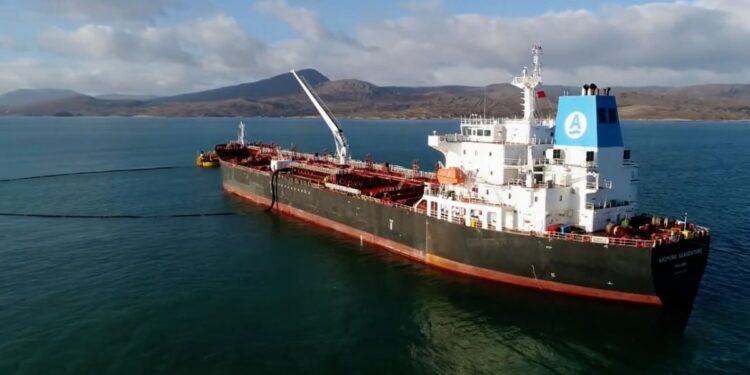The American newspaper Politico quoted Pentagon officials as saying that the cost of shooting down Houthi drones and missiles is a growing source of concern, as the missiles cost $2 million to intercept a drone costing $2,000.
Defense Department officials did not confirm the types of weapons used or the extent to which the drones were being intercepted.
But former Defense Department officials and experts said only one weapon would make sense for the mission: the Standard 2 missile, a medium-range air defense weapon that can reach 92 or 130 nautical miles. The newer version, the Block IV, costs $2.1 million. Dollars per attack.
According to the newspaper, some experts indicated that the United States should consider less expensive options for air defense.
Politico reported, citing a Pentagon official, that US Navy ships had shot down 38 drones and missiles in the Red Sea over the past two months.
International coalition
For his part, US Secretary of Defense Lloyd Austin announced on Tuesday the establishment of an international coalition consisting of 10 countries in Bahrain.
In addition to Bahrain, the United Kingdom, Canada, France, Italy, the Netherlands, Norway, Seychelles and Spain agreed to join Washington in the new mission.
Austin said that some participating countries will conduct joint patrols in the southern Red Sea, the Bab al-Mandab Strait and the Gulf of Aden, while others will provide support by providing intelligence.
He stressed that the security alliance will work “with the aim of ensuring freedom of navigation for all countries, and to enhance regional security and prosperity.”
Politico quoted a senior US administration official as saying that 19 countries have joined the international coalition to protect commercial shipping in the Red Sea, including some Arab partners, but there are only 9 countries looking forward to announcing their participation in these efforts.
The official added that the situation is complicated for the Arab country due to the widespread belief that these efforts are designed to protect commercial ships linked to Israel.
It is noteworthy that the announcement of the alliance came amid pressure on President Joe Biden to make more efforts to protect commercial ships in the Red Sea.
The Houthis are threatening
In turn, Ansar Allah Houthi spokesman Muhammad Abdel Salam confirmed to Manhattan Tribune that operations in the Red Sea will continue until the Israeli aggression stops and the siege on Gaza is lifted.
Abdul Salam added that Yemen’s position is “to support our oppressed brothers in Gaza, and this is the least duty we can offer to Palestine.”
In the same context, the Commander of the Iranian Revolutionary Guard Navy announced that the volunteer sailors unit would be strengthened with more personnel, to carry out operations in the Arabian Gulf with ships armed with missiles.



